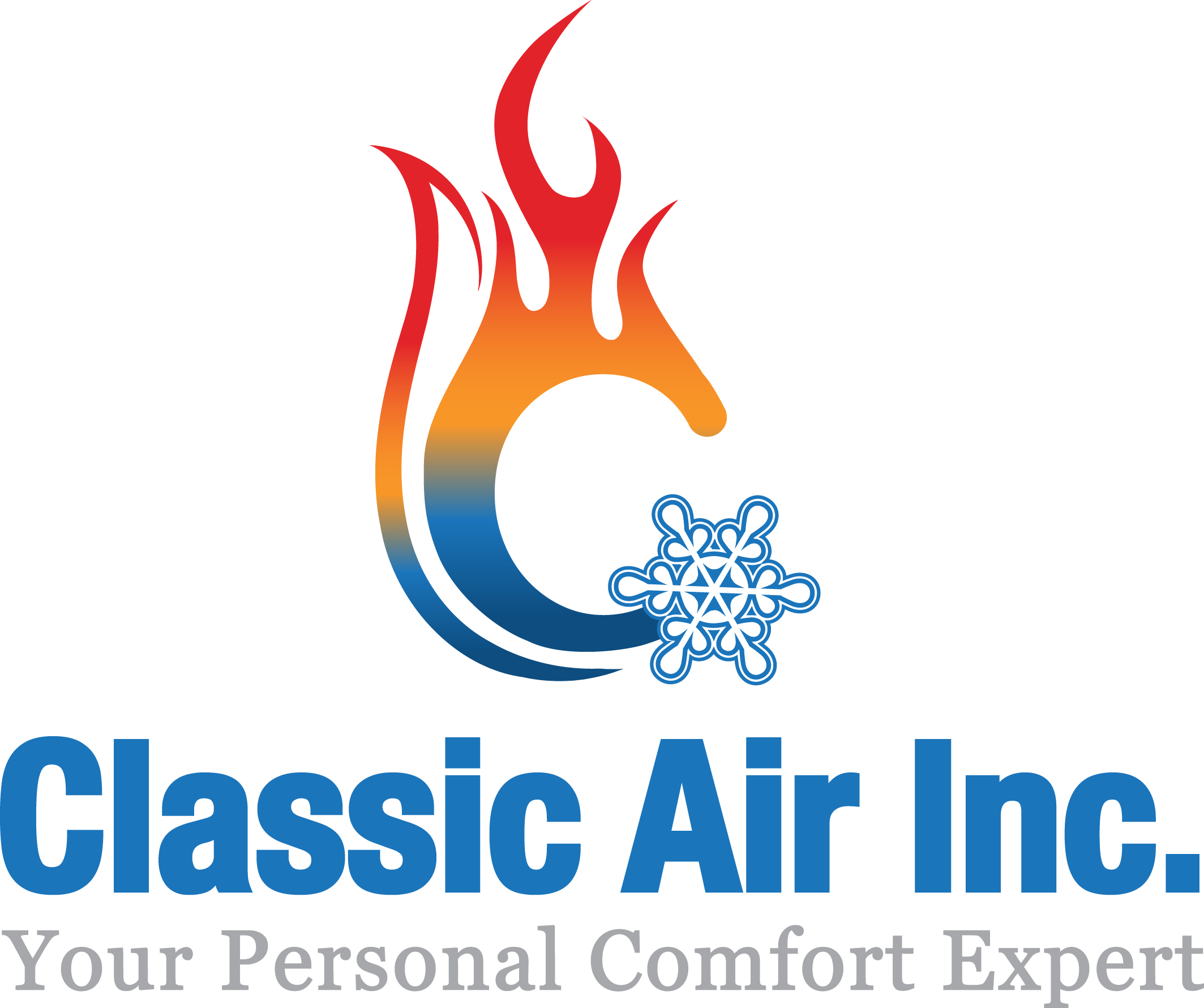
We can all benefit from saving money where we can. An easy way to do this is by making some energy-efficient changes around your home. Upgrading your HVAC system or adding a smart thermostat, for example, offers more control over your HVAC system, leading to a more energy-efficient home and lower monthly energy bills.
Keep reading to read about 4 ways you can make energy-efficient home enhancements.
1. Try Smart Home Products Like a Smart Thermostat
If you still use a round-dial thermostat and access it manually, consider taking a step toward the future by installing a smart, or Wi-Fi, thermostat – which includes numerous features to make your home more energy efficient.
The functionality homeowners appreciate the most is having the capability to access their smart thermostats from wherever with their smartphone or other smart device. As an example, when you forget to use your thermostat before going on vacation, you can simply take out your smartphone and make the necessary adjustment.
Similar to a programmable thermostat, a smart thermostat allows you to pre-set your home’s temperature based on the time of day and day of the week so you’re not spending energy on an empty house. Smart thermostats also offer the ability to understand your temperature preferences over time and automatically make energy-efficient modifications. They even generate monthly energy reports that illustrate how much energy you've used and when so you can make changes to save money.
If you’re wondering how to secure a free smart thermostat, check with your utility company to see if there are any discounts or free smart thermostats available to you.
2. Routine HVAC Maintenance
Unfortunately, many homeowners often forget to have their heating and cooling systems maintained. While this may not seem important, ignoring maintenance can result in a number of issues, including inefficiency, breakdowns, and a shorter system lifespan.
During an HVAC maintenance service, the technician should evaluate your HVAC system, clean important components, and identify minor issues before they produce bigger, more expensive repair issues. Maintenance keeps HVAC systems running in optimal condition, which means they use less energy to heat and cool your home. This will help with your energy bills, expand the lifespan of HVAC equipment, and lead to fewer repairs.
We encourage two HVAC tune ups every year – one in the spring before summer and again during the fall before the arrival of frigid weather.
3. Replacing Your Worn-Down, Inefficient HVAC Equipment
Annoyingly, like every appliance, HVAC systems have a shelf life and inevitably need to be replaced. Modern heaters and cooling systems are much more energy efficient than models manufactured just over a decade ago. Fortunately, helpful HVAC companies like Classic Air can offer professional services including furnace installation in Columbus.
Well-maintained furnaces and air conditioners can live around 15-20 years. If your systems are within that span, it can be a good idea to replace them ahead of time to prevent premature breakdowns that can leave you cold and uncomfortable on a cold winter night. If your system is about 15 years old and needs an expensive repair, it’s definitely time to replace it. Per the U.S. Department of Energy, getting a new HVAC system can save you between 20-40% on your monthly energy bills, so you’ll recoup some of the costs of putting in a new system.
A professional comfort technician can help you identify the most energy efficient HVAC system for your needs. As a general rule of thumb, look for HVAC systems that are Energy Star certified, indicating the equipment fulfills strict guidelines established by the U.S. Environmental Protection Agency. LENNOX HVAC systems can be some of the most efficient systems on the market, boasting both high AFUE and SEER ratings. AFUE is for heating systems and illustrates how well they convert fuel to heat. SEER, meanwhile, is used to quantify the energy efficiency of cooling equipment.
Call a reputable HVAC provider like Classic Air for air conditioning installation in Columbus.
4. Switch to More High Efficiency Air Filters
The next time you’re looking for new HVAC filters, keep in mind that not all air filters are created equally. Certain air filters are far more successful than others, contributing to lower energy bills and cleaner indoor air.
The performance of HVAC air filters is illustrated by their Minimum Efficiency Reporting Value, or MERV rating. The MERV scale ranges between 1-20; the higher the number, the more efficient the filters are. It’s important to note, though, that high-efficiency air filters can in fact obstruct airflow too much depending on the type of HVAC system you have. It’s beneficial to study the owner’s manual before getting a filter to determine the ideal model for your system.
